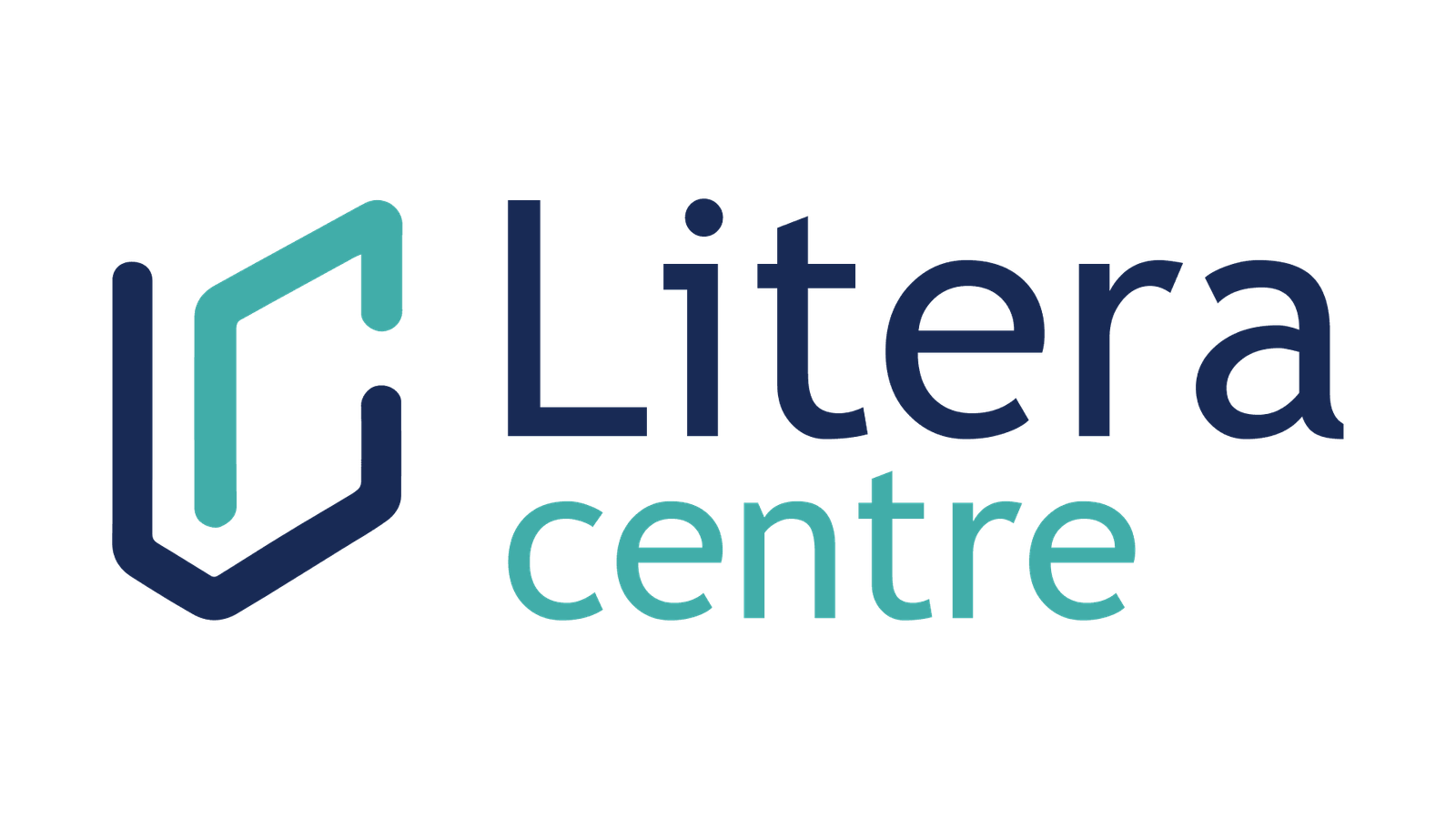International Education and IBDP Program:
International education has age-old roots and has come a long way, nurturing global understanding and cooperation. The International Baccalaureate Diploma Programme (IBDP) is a bright example of this progress. IBDP was established in the 1960s. It was designed to provide a holistic and internationally recognized education that transcends beyond borders. Since then, it has become the symbol of academic excellence and global-mindedness by attracting students from diverse backgrounds worldwide into its fold.

Evolution of IBDP and International Education:

Over the past years, the IBDP and international education have witnessed quite a many significant transformations. One key development is the expansion of the IBDP curriculum to adapt a broader range of subjects and interests in the curriculum. This change is such that it allowed students to mold their education to suit and accomplish their passions and career goals. Simultaneously, international education has become popular, with more and more schools and institutions adopting them as globally-focused curricula.
Integration of technology is another notable innovation in the international education curriculum and the IBDP. The digital age has opened up extremely interesting and brand-new avenues for learning through offline & online modes of classroom tuition, virtual collaboration, and unlimited access to a vast pool of educational and e-resources. These advancements have made education more accessible and adaptable to diverse learning styles.
Moreover, both international education and the IBDP have embraced a more holistic approach to knowledge assessment and the all-round development of the students. Beyond traditional exams, there is a greater emphasis on project-based learning, critical thinking, and real-world applications. This shift facilitates the promotion of invaluable skills in today’s rapidly changing job market. Further, cultural diversity in the global sphere has been recognized, which led to global awareness. This recognition paved the way for the inclusion of multicultural perspectives in the curriculum. This fosters a deeper understanding of different cultures and perspectives, thus preparing students to steer through a multi-cultural and globalized world.
Contemporary Trends in International Education:
Certain aspects or trends extrapolating from contemporary international education and the IBDP carry on for an opportunity-filled and worthwhile future of IBDP education. They are:
i. Global Citizenship:
International education is increasingly focused on nurturing global citizens, bringing out their inner aptitude for global issues, cultural diversity, political ascension, and social responsibility. In the future, the IBDP is likely to place even more emphasis on nurturing a heightened sense of student awareness and global citizenship.
ii. Personalized Learning:
Customization is the new trend in every domain in the contemporary world. The idea of having an aspect tailored completely to suit individual needs is exciting and is more likely to continue. Tailoring education to individual student needs is a growing trend along the same lines. The IBDP may incorporate more personalized learning pathways, allowing students to identify their interests and explore their strengths while meeting academic requirements.
iii. Digital Integration:
Technology has penetrated every sector and will continue to play a pivotal role in education. It has become the most crucial component of digital learning. Hence, the IBDP is likely to integrate multiple digital tools and platforms further to make learning more flexible and interactive.
iv. Interdisciplinary Learning:
The future of learning lies in the essence of being able to integrate multiple domains and disciplines together for a holistic analysis and way forward. The future of IBDP would lie in the core of interdisciplinary learning, where students can explore connections between subjects, fostering a more holistic understanding of the world and beyond.
v. Assessment Reforms:
Assessments are an inevitable part of learning in any curriculum. The assessment format and trend may evolve to include a wider range of evaluation methods, such as performance assessments, portfolios, and competency-based evaluations, providing a wider and comprehensive view of students’ abilities.
vi. Global Collaboration:
Globalization is a contemporary thing. Global alliances, mergers, collaborations, investments, and more make up to transcend global boundaries. In international education and IBDP, international collaboration among schools and students may become more common, enabling students to work on projects and initiatives with peers from different parts of the world.
The Future of IBDP:

The future of the IBDP looks extremely promising, with a focus on fostering global citizenship, personalized learning, digital integration, interdisciplinary approaches, assessment reforms, and global collaboration. As the world keeps becoming more interconnected and complex, the IBDP will continue to adapt and thrive, ensuring that students are well-prepared for the challenges and opportunities of the near future. As the landscape of education continues to evolve, the IBDP is expected to adapt and thrive in several ways.
With the increasing reliance on digital tools and online learning platforms, more technology-driven resources and assessments, globalization, and intercultural awareness will become even more central to the IBDP. In a world that is increasingly interconnected, the emphasis on global-mindedness, cultural diversity, understanding, and multilingualism will continue to be highly relevant, fostering global citizens who can address complex global challenges.
Additionally, there will be a growing focus on personalized learning to cater to individual student’s interests and strengths within the IBDP. This customization will enable students to pursue their passions and talents more effectively. Furthermore, the IBDP will likely expand its reach to new territories, making high-quality international education affordable and accessible to a multitude of student populations worldwide. This expansion will contribute to a more inclusive and equitable educational landscape. The future of IBDP is distinguished by its tech integration, adaptability, global consciousness and awareness, personalized learning, and increased accessibility. While it keeps evolving, the IBDP will remain a leading program in preparing students for success in a rapidly changing world.
Way Forward:
The IBDP and international education have developed and evolved significantly, embracing innovations catering to the changing needs of students and the globalized world. The IBDP future proposes a dynamic and forward-thinking approach for the future, preparing students not just academically but also as responsible global stakeholders. Looking ahead, it’s clear that international education and the IBDP will continue to be a beacon for quality education that transcends borders and builds a brighter future for all.
Litera Centre is a top-notch ed-tech platform that caters to a diverse range of curricula, including IB, IBDP, AS/A level, UK, IGCSE, and more. With a commitment to excellence in education, Litera Centre offers advanced features such as 1:1 mentorship, both offline and online tuition options, a dedicated 24/7 support system, world-class infrastructure, and expert subject faculty. We understand the evolving landscape of international education and are dedicated to helping students excel in their academic journeys.
Frequently Asked Questions (FAQ)
Q: How is the IBDP adapting to future job market needs?
The IBDP is proactively evolving beyond rote memorization, equipping students with essential 21st-century skills like critical thinking, complex problem-solving, and adaptability—qualities highly sought after in today’s rapidly changing job market. It fosters a mindset of continuous learning, preparing graduates not just for jobs, but for careers that may not even exist yet.
Q: Will online learning become a major part of the IBDP?
While traditional face-to-face learning remains central, the IBDP is increasingly integrating digital tools and online resources to enhance flexibility and access. Hybrid models and technology-driven assessments are emerging trends, offering personalized learning pathways and fostering digital literacy essential for a connected world.
Q: How is the IBDP curriculum changing to stay relevant?
The IBDP curriculum is undergoing continuous review and evolution, incorporating contemporary global issues, interdisciplinary approaches, and new subject options to ensure relevance. Recent updates include a stronger focus on ethical considerations within Theory of Knowledge (TOK) and greater flexibility in the Extended Essay (EE) to address current world challenges.
Q: What innovations are happening in IBDP assessment?
Beyond traditional exams, IBDP assessment is innovating to provide a more holistic picture of student achievement. There’s a growing emphasis on project-based learning, real-world applications, and the ethical use of technology, with continuous internal assessments playing a crucial role. This shift aims to better reflect students’ conceptual understanding and applied skills.
Q: How does the IBDP foster global citizenship in a changing world?
The IBDP is inherently designed to cultivate international-mindedness, encouraging students to engage with global issues, cultural diversity, and social responsibility. Through programs like CAS and the emphasis on diverse perspectives in subjects, it aims to develop empathetic, open-minded individuals capable of contributing positively to a complex, interconnected world.
Q: Is the IB Career-related Programme (CP) gaining importance?
Absolutely! The IB Career-related Programme (CP) is indeed gaining significant traction as a flexible pathway that combines academic rigor with career-related learning and practical experience. This growth reflects the increasing demand for vocational skills and direct industry relevance, preparing students for specific career paths alongside a strong academic foundation.
Q: How is AI impacting the IBDP?
Artificial intelligence is viewed as both a challenge and an opportunity within the IBDP. While the IB maintains strict policies on academic integrity regarding AI-generated content, it also encourages students to critically evaluate AI-produced information, understand its biases, and leverage it as a tool for creative problem-solving and asking insightful questions.
References:



